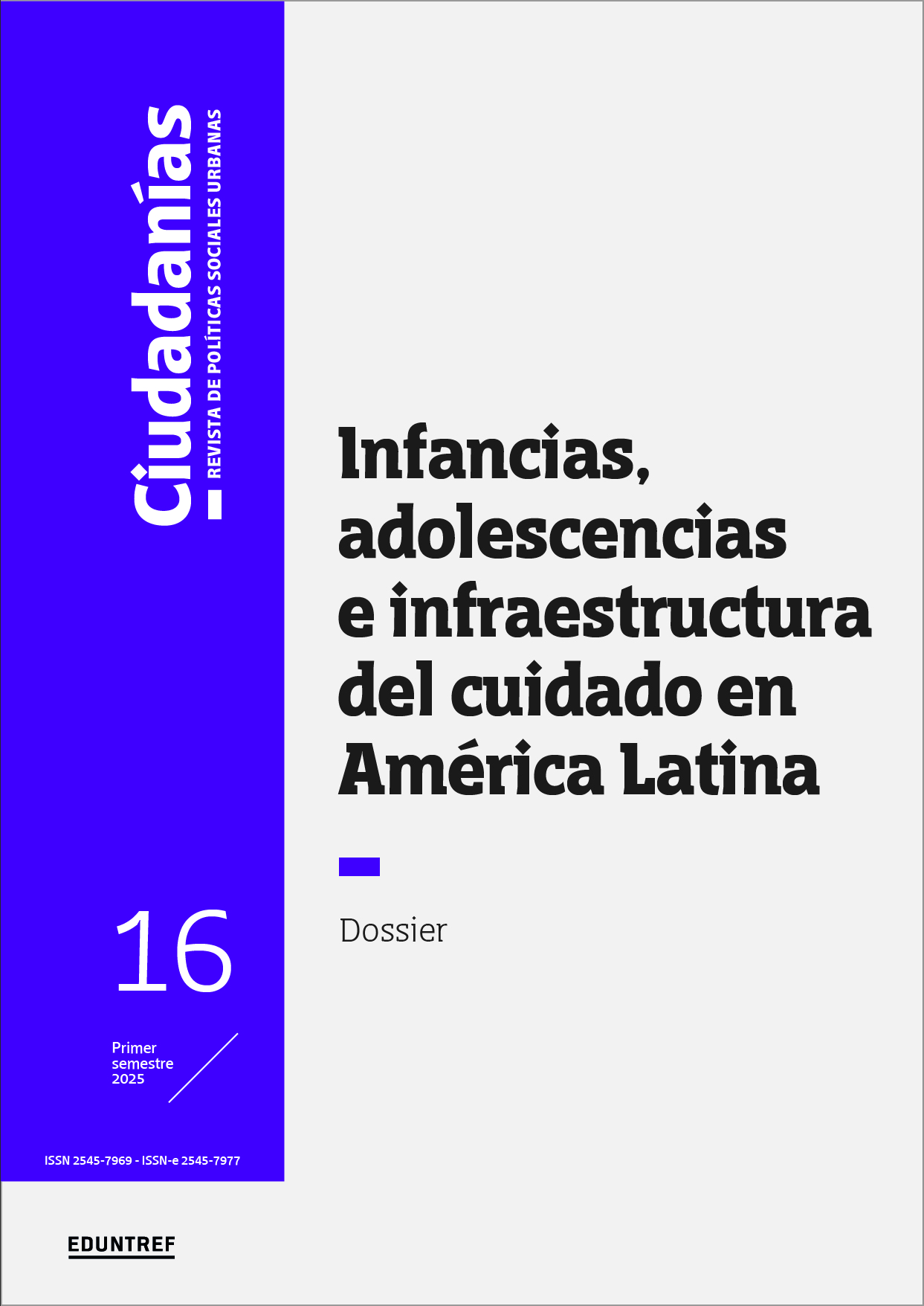Abstract
The article presents an innovative analytical framework and empirical evidence to rethink early childhood policies in the region, highlighting the transformative potential of care infrastructure when designed with a rights-based approach and territorial perspective. It examines the CDI program through the lens of "institutional distribution" (Mazzola, 2024), combining critical theory with an ex-post evaluation that included participatory workshops with children.
The theoretical framework of "institutional distribution" integrates critical perspectives from childhood sociology, Tilly's (2000) theory of categorical inequality, and institutionalism, revealing how public policies produce and reproduce childhood inequalities. Findings demonstrate that these centers not only enhance child development but also redistribute care work (predominantly performed by women) and strengthen community networks.
Persistent challenges include institutional fragmentation, adult-centric designs, and territorial disparities. The study provides both empirical and conceptual evidence to reconceptualize childhood policies in Latin America, positioning CDIs as strategic hubs for building more egalitarian development models with active child participation.

